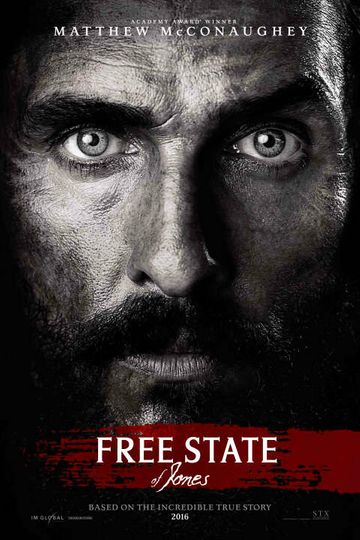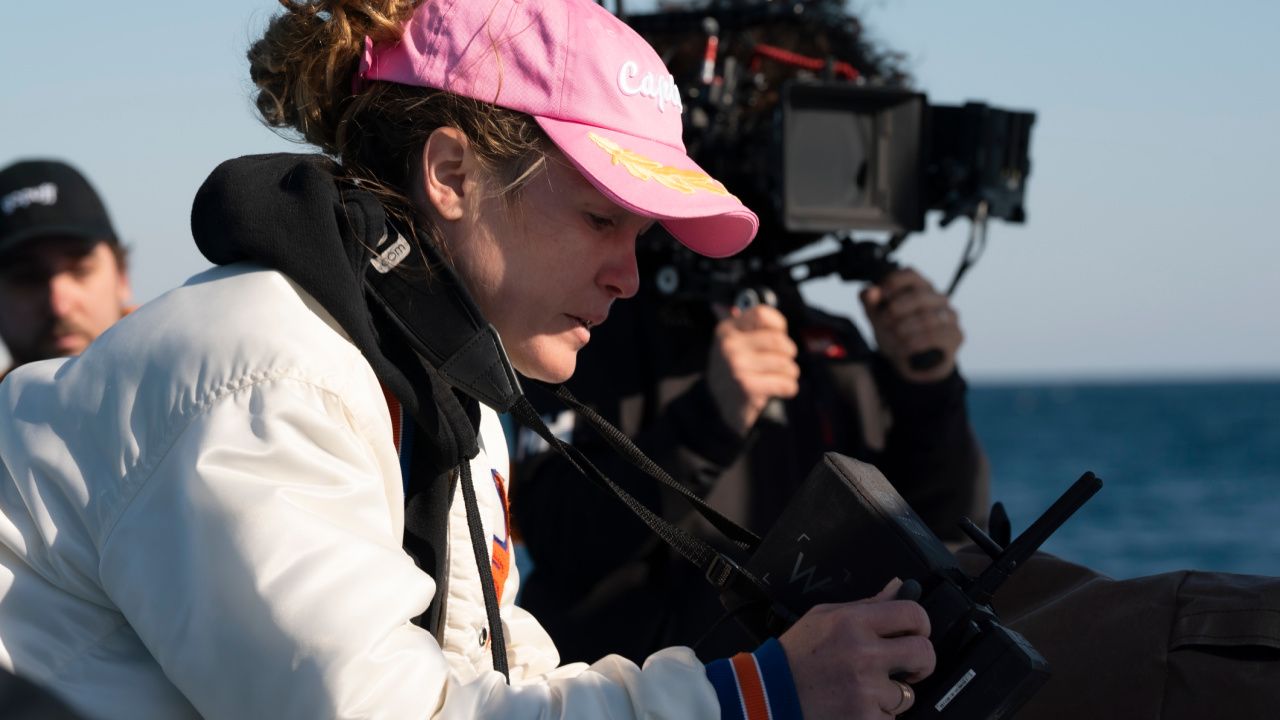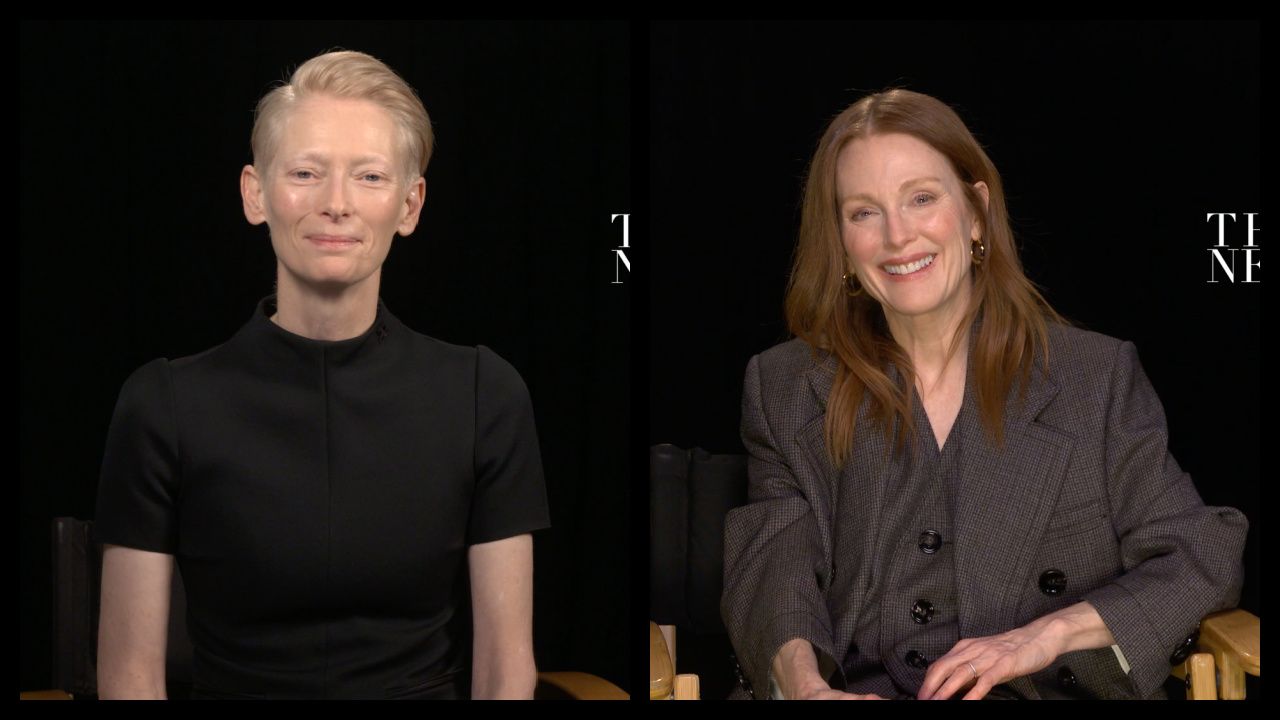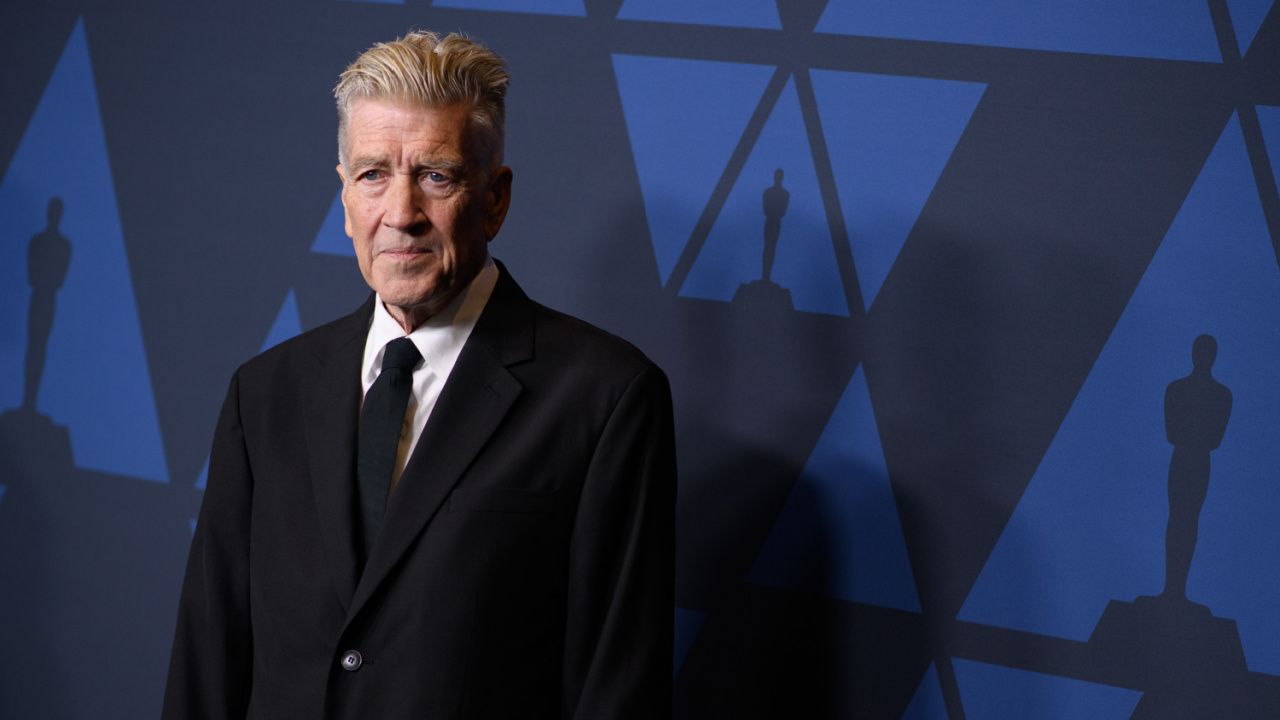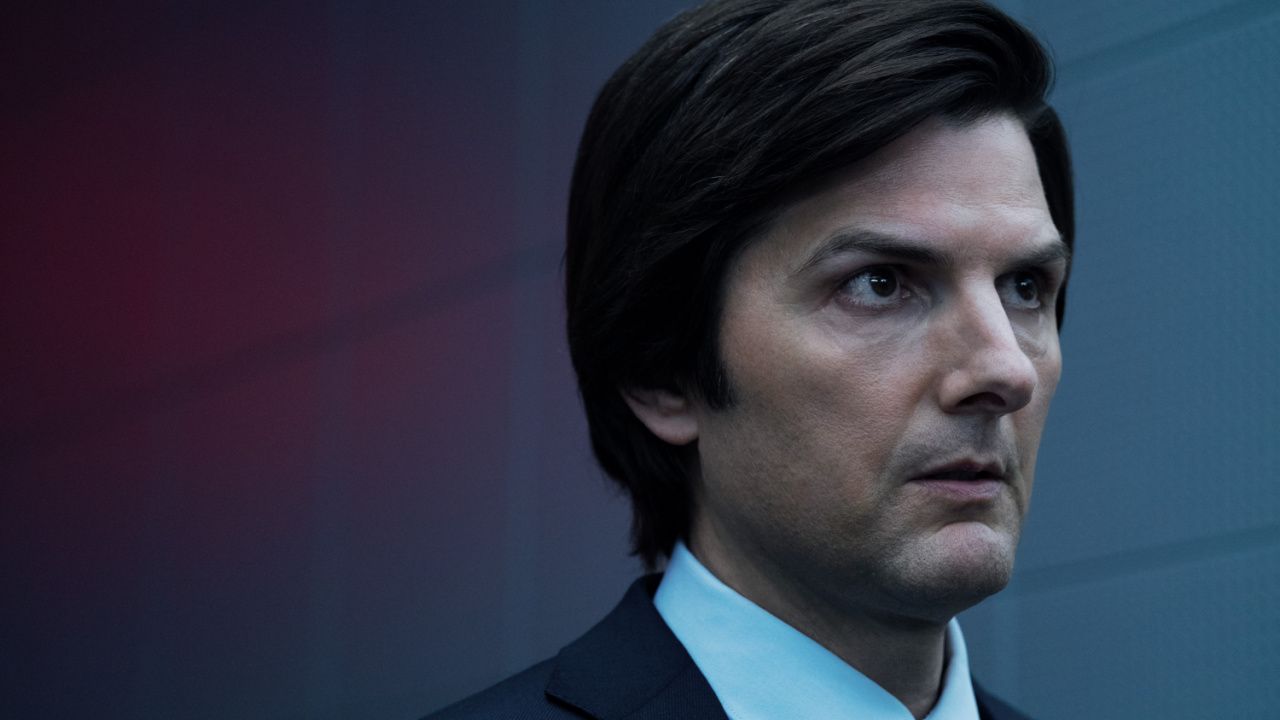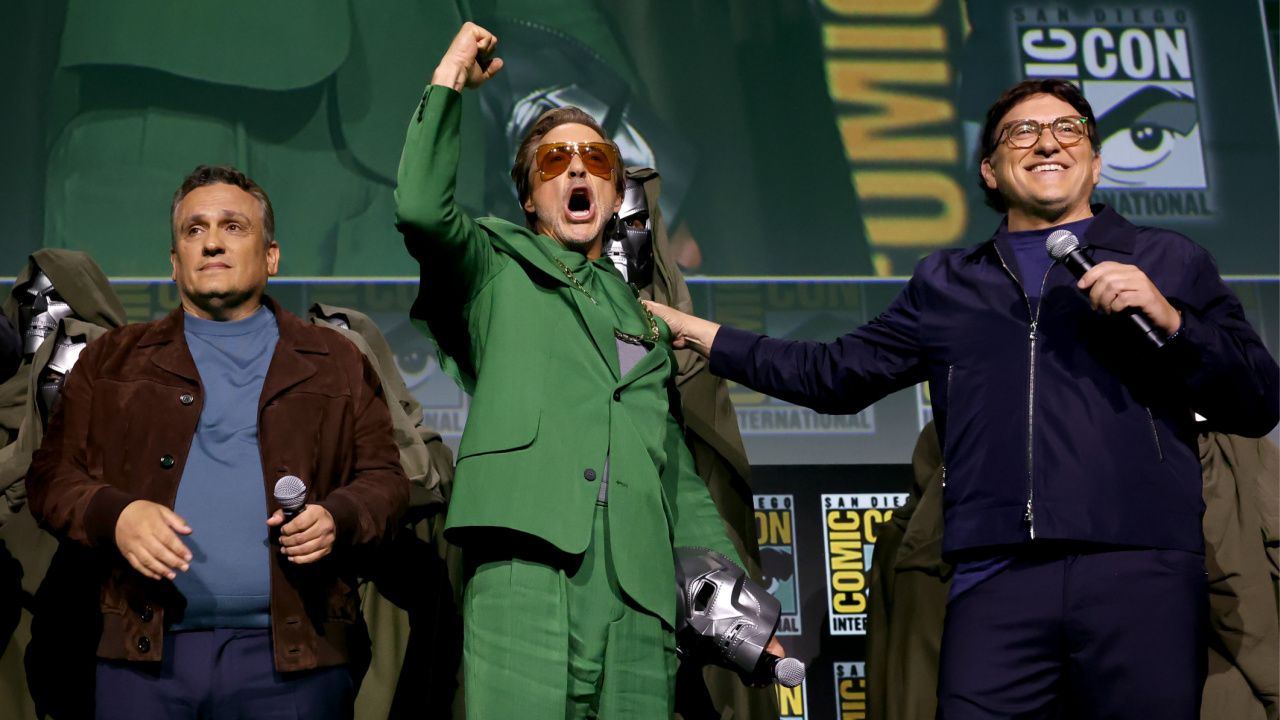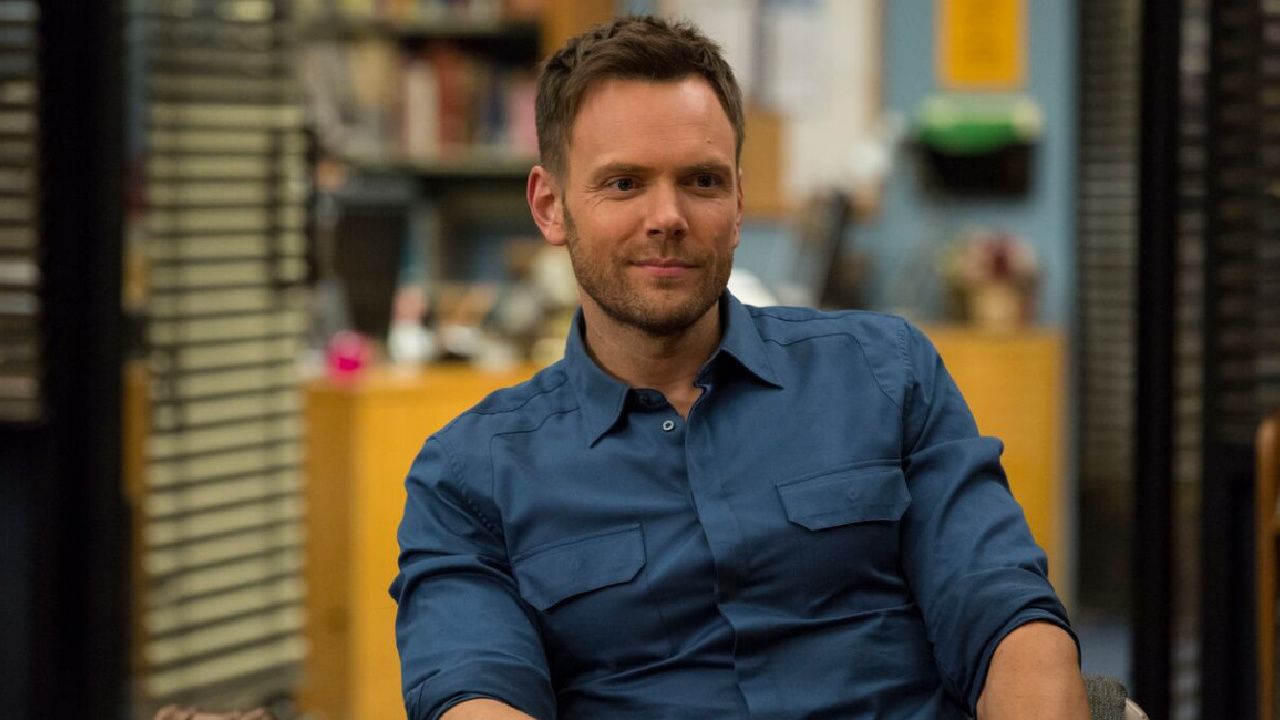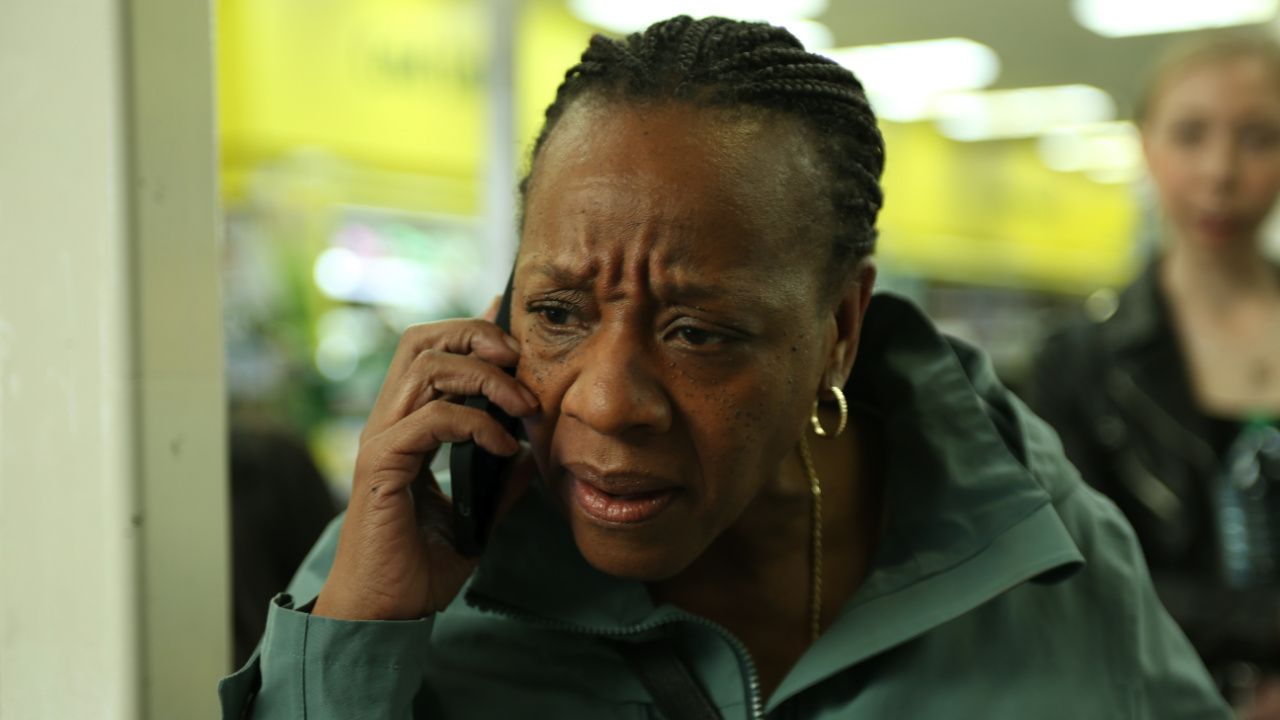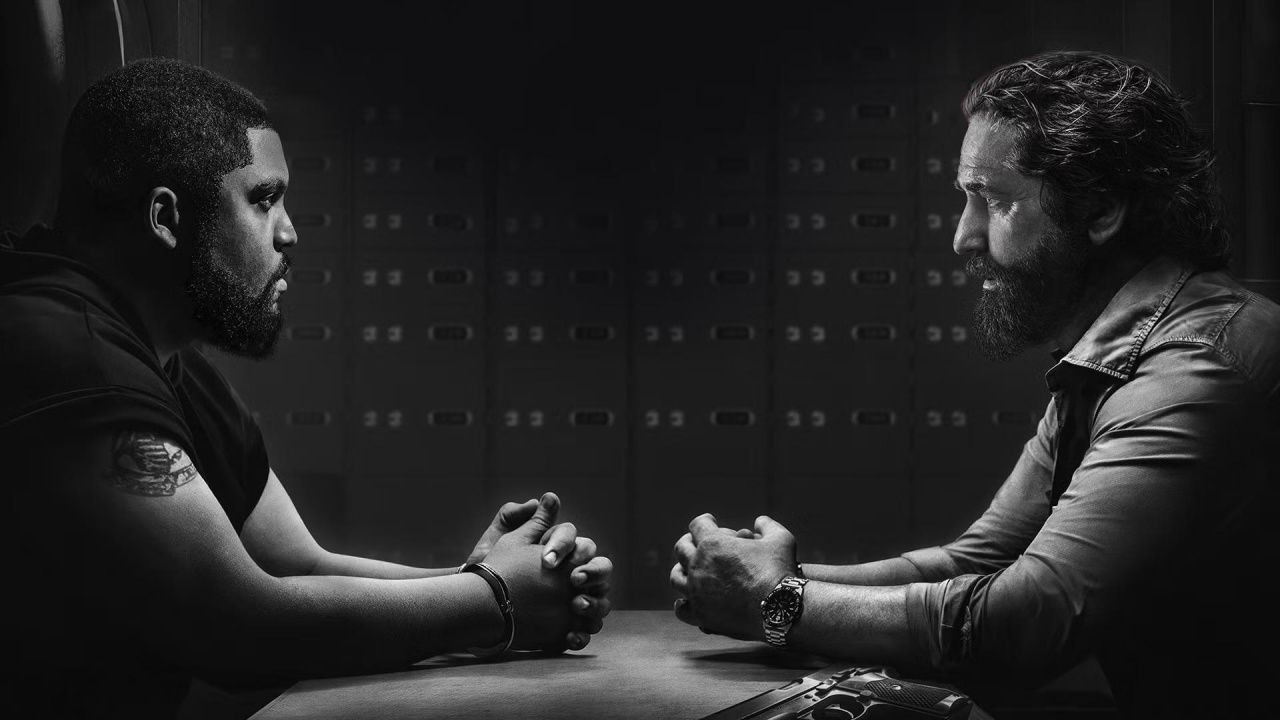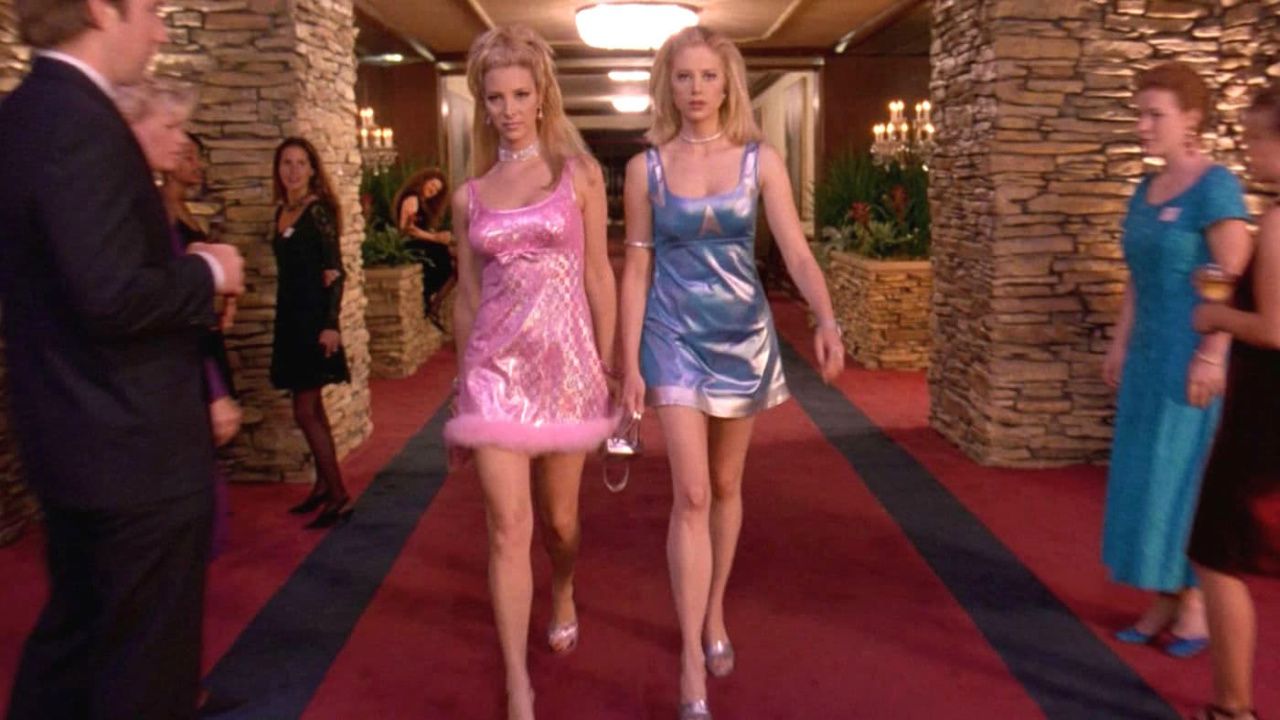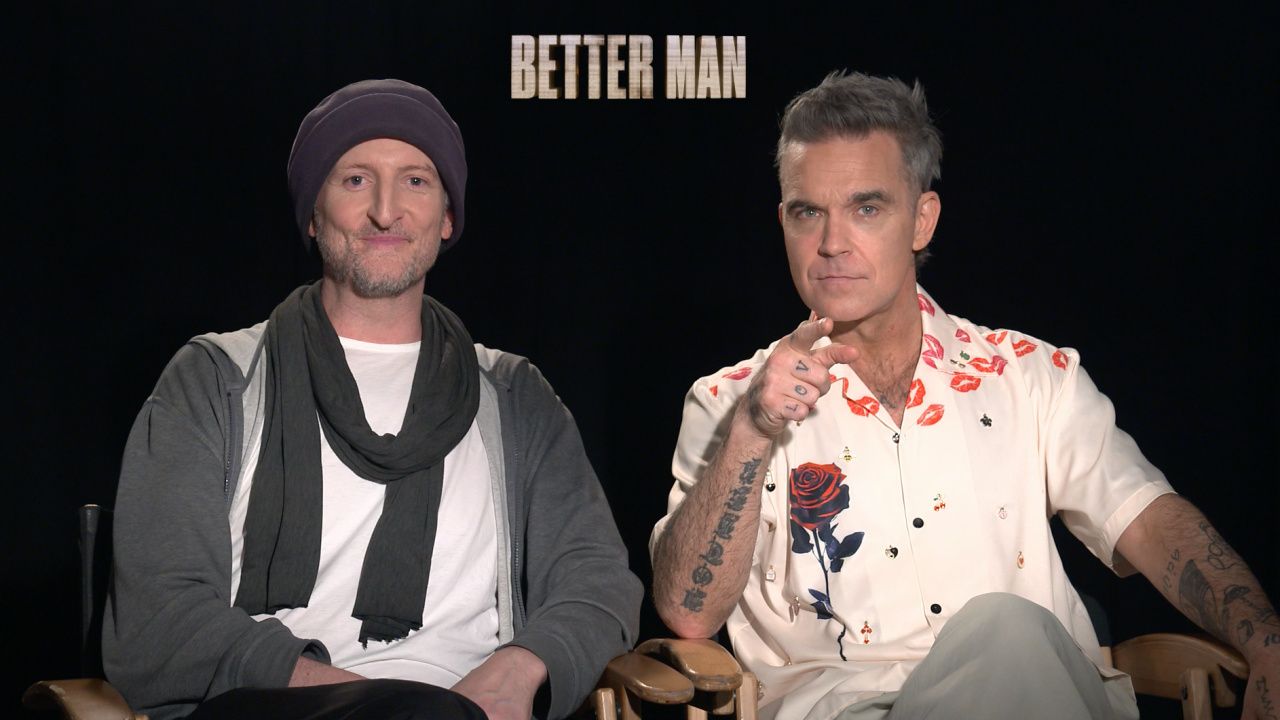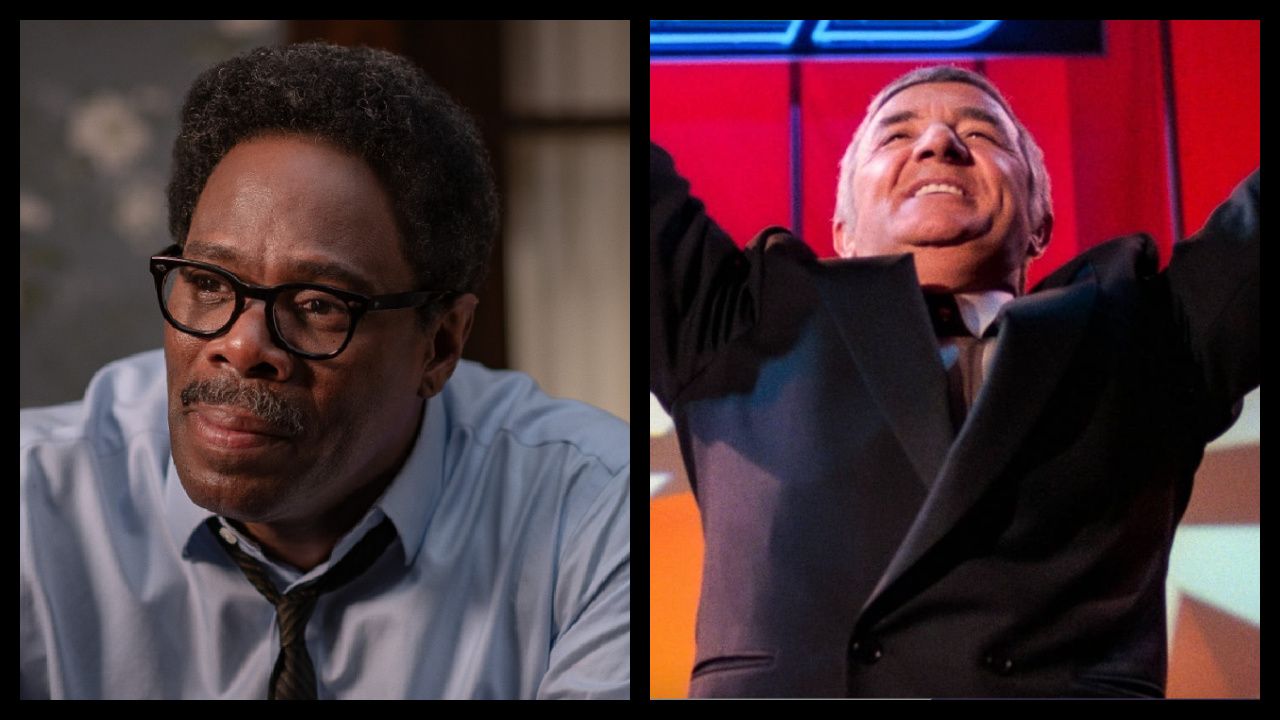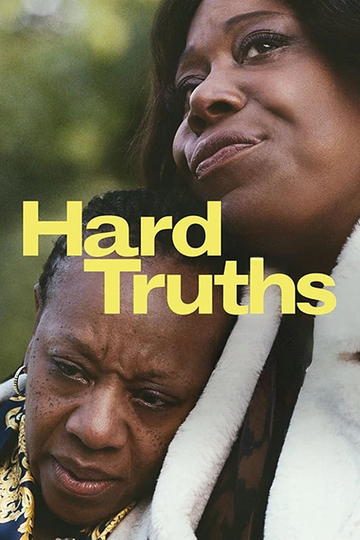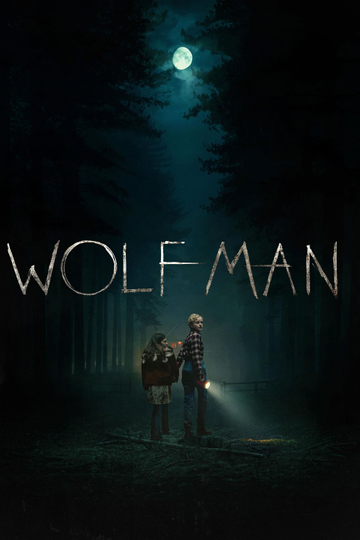Matthew McConaughey Felt a 'Responsibility' to Use the N-word in 'Free State of Jones'
When you're drawing up your list of best Matthew McConaughey movies, it's likely you'll be adding "Free State of Jones," a drama based on the real story of a Southerner, Newt Knight, who led escaped slaves and poor white farmers against the Confederacy during the Civil War, a war within a war that hardly anyone has ever heard about before now.
Moviefone talked to McConaughey about meeting Newt's descendants, the inspiration for his Mississippi accent, and having to use the N-word in a pivotal scene.
Moviefone: Had you ever heard of Newt Knight before this?
McConaughey: No, I never had. And most people I talked to had not either. I was introduced to Newt Knight via the script that Gary Ross spent the last 10 years writing.
How did Gary pitch it to you?
He said, "I have this true story that has not been shared or passed down through history. It's an amazing story about this man who fought to defend his own freedom and his neighbors' freedom during the Civil War. He fought alongside poor white farmers and runaway African-American slaves. And then, in the third act of his life, after the Civil War ended, he continued to fight for African-Americans' rights in the South until he was buried in the ground next to his black wife (Rachel, played by Gugu Mbatha-Raw) when he was 94 years old."
Quite a life. What resonated the most for you about this role?
Well, one, that it was a great true story that had not been shared. I, like many other people, asked, "Why have I not heard about this? Why did I never read about this?" It wasn't even passed down through populist folklore. He was a man with a very simple creed and a very simple constitution. He was a man who, if he saw a wrong, he did not know how to ignore that wrong. He had a very clear sense of right and wrong, like that. [Snaps fingers] He didn't measure the consequence of his actions, but he just took action. This is a guy on whose ideals alone, he was ready to wage a war. And he did. He led the rebellion during the Civil War and then his sense of family broadened after the war. It was about the Family of Men and he became about a cause for the last 45, 50 years of his life
Did you get to meet any of his descendants?
I did. I went to Ellisville, MS, where he's from. Met quite a few of his descendants, quite a few are partially through the film and I met a lot of them. And then I had a lot of extras that came in from Mississippi and a couple of 100 of them said they would have done this film for free because Newt Knight was a hero to them. And I also heard a bunch of them say, "Those are good people in Ellisville," which is were a lot of his descendants live.
Had you done a Mississippi accent before this?
No, I hadn't. I listened to the wonderful maple-syrup voice of Shelby Foote, if you've ever seen Ken Burns's documentary on the Civil War, he's the sage that wrote a great book on the war. To hear him talk is just beautiful. It's a whole different type of music than I have. But after a couple of months of work on it and finding a whole bunch of bootleg tapes of interviews he had done, that's where I started. I started with him and then turned it into Newt.Gugu told me that you and she did have a kiss, but it didn't make the final film. Does it matter to you if it's in there or not?
No. A lot of times you do scenes and when you watch the film [after it's been cut], you think, "Do I miss it?" And if it stands out and you missed it in the storytelling, then it's kind of important. But if the story's well told ... you're gonna lose a lot of scenes that are great scenes, but if you watch the movie as a whole -- not just as a scene in particular, but as an overall way to tell the story -- then the story's not calling for it. So I didn't miss it in the story of the telling; it's insinuated. Rachel and Newt live together. They have a child, so obviously they were intimate. And I think the way Gary handled that scene [where they first spend the night together], I think was more powerful in that it goes out on her seeing this feather bed that's for her for the first time.
During one of Newt's speeches, you use the N-word. Did you find that hard?
It was a responsibility is the way I looked at it, especially in the context of the scene. It was a scene where Newt was using it to expose the word and really put it out there and shine a bright light on it in all capital letters, so to speak. We have a tendency, all of us in some ways, to sweep things like that under the carpet, to put it in the closet. Don't say that, don't do that, let's act like that doesn't exist. In this context, Newt was doing it in a very responsible and almost incentivizing way to expose that word, that nasty word. Personally, I think you put it out there in front of a light and and let's examine that, let's examine what its historical meaning is, what its present meaning is. And understand how it hurts. It was a hard but beautiful scene that we did.
Another key scene is when the Confederate Flag is taken down. Was that an emotional moment on set?
Yes, somewhat. A lot of people on the set that day were from Mississippi, and Gary's got a great story about the man who actually took it down in the scene. It's a very important symbol and it makes me want to talk about the value of symbolism and the difference between symbolism and action. After that flag came down in the Civil War, when Reconstruction was over in 1876, there were other varying implementations of enslavement that were reinforced in the South. The Klan rose up. The North had Civil War fatigue and pulled out and went home and a lot of things went back to how they were before. So the symbol is one thing, but the work to do and the action to change is another. I think the example there is that no matter what the symbol is, we've all got work to do.
"Free State of Jones" opens in theaters nationwide June 24th.
